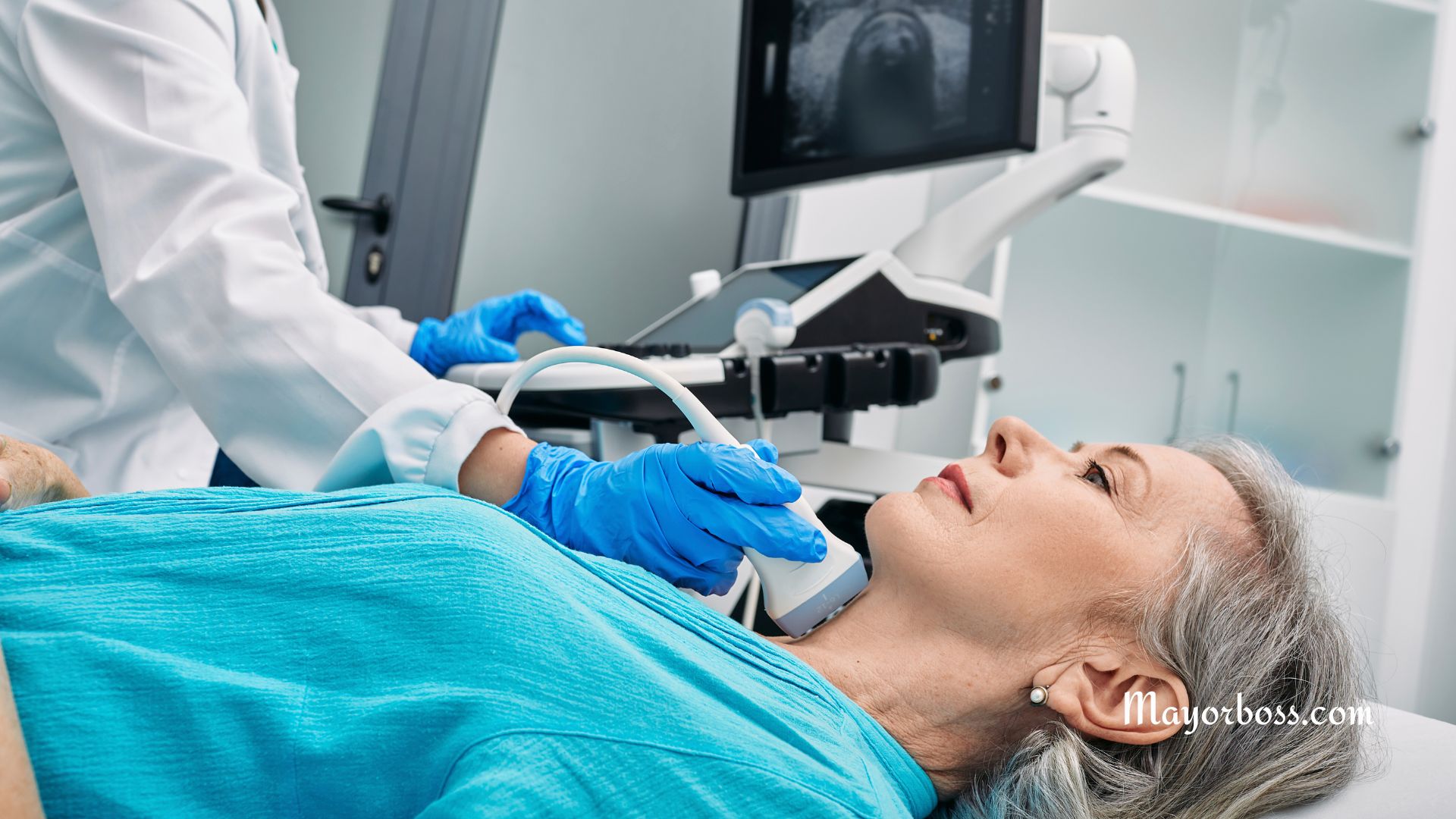What Does a Stomach Ulcer Feel Like?
What does a stomach ulcer feel like? A stomach ulcer, also known as a peptic ulcer, typically feels like a burning or gnawing pain in the upper abdomen. This discomfort can extend to the chest and may be accompanied by other symptoms like bloating, heartburn, and nausea. The pain often intensifies when your stomach is empty and may be relieved temporarily by eating.

The Typical Sensation: A Burning Feeling
So, you’re wondering what a stomach ulcer feels like? Most commonly, people describe it as a burning sensation in the upper abdomen, usually between the breastbone and the belly button. The pain can also radiate to the back or chest. What makes stomach ulcer pain unique is that it frequently flares up when the stomach is empty—often late at night or in the early morning hours. Eating or taking antacids can sometimes soothe this discomfort, at least for a short time.
How Intense is the Pain?
The intensity of the pain can vary from person to person. In some cases, the pain can be mild, almost like a dull ache. In others, the pain can be so severe that it disrupts sleep and daily activities. Unlike simple indigestion or heartburn, the pain from a stomach ulcer often lingers for an extended period and may come and go over several days or weeks.
Additional Symptoms
Besides the telltale burning sensation, you might also experience other symptoms. For instance, you could feel bloated or unusually full, even after a small meal. Nausea, vomiting, and unexplained weight loss are other signs to watch out for. In more severe cases, you might notice darker, tar-like stools or vomit that resembles coffee grounds, which could indicate bleeding in the stomach.
Timing Matters: When Does the Pain Occur?
As mentioned earlier, stomach ulcer pain tends to worsen when your stomach is empty. This is because stomach acid, which is usually buffered by food, comes into direct contact with the ulcerated area. On the flip side, you might find some relief right after eating or taking an antacid. However, don’t take this temporary relief as a sign that everything is fine; it’s crucial to consult a healthcare professional for proper diagnosis and treatment.
Factors That Aggravate the Pain
Certain lifestyle choices can exacerbate the symptoms of a stomach ulcer. For example, consuming spicy foods, acidic beverages like coffee, or alcohol can irritate the ulcer and make the pain more intense. Likewise, stress and smoking are known to worsen stomach ulcer symptoms.
In People With Other Conditions
If you have conditions like diabetes or are taking medications such as nonsteroidal anti-inflammatory drugs (NSAIDs), the symptoms might manifest differently or be less noticeable. Therefore, it’s essential to be vigilant about any changes in how you feel and to discuss them with a healthcare provider.
What Should You Do?
If you suspect you have a stomach ulcer, don’t ignore the symptoms. A healthcare professional can confirm the diagnosis through tests like an endoscopy or a breath test. Once diagnosed, treatment often involves medications to reduce stomach acid and promote healing, along with lifestyle modifications.
Frequently Asked Questions
What Foods Should I Avoid if I Have a Stomach Ulcer?
If you have a stomach ulcer, steer clear of foods and drinks that can irritate your stomach lining. Spicy foods, acidic fruits like citrus, and caffeinated beverages are common culprits. Alcohol and carbonated drinks should also be on your “avoid” list. Instead, opt for bland foods and non-acidic fruits to help minimize irritation and discomfort.
Further Reading: 12 Foods to Avoid If You Have a Stomach Ulcer
How Long Does It Take for a Stomach Ulcer to Heal?
The healing time for a stomach ulcer can vary depending on its severity and the effectiveness of the treatment plan. Generally, with proper medication and lifestyle changes, most stomach ulcers start to improve within a couple of weeks. Complete healing often takes anywhere from six to eight weeks. However, you’ll need to follow your healthcare provider’s advice carefully to ensure proper healing and to prevent complications.
Can Stomach Ulcers Lead to Cancer?
While most stomach ulcers are benign, there is a small risk that an untreated ulcer could become cancerous over time. Therefore, it’s crucial to get a proper diagnosis and follow the treatment plan your healthcare provider recommends. Regular follow-up appointments can help monitor the ulcer’s healing process and rule out the possibility of cancer.
What’s the Difference Between a Stomach Ulcer and Heartburn?
While both stomach ulcers and heartburn cause discomfort in the upper abdomen or chest area, they are distinct conditions. Heartburn is usually a symptom of acid reflux, where stomach acid flows back into the esophagus. In contrast, a stomach ulcer involves a sore or lesion in the stomach lining. The pain from an ulcer often worsens when the stomach is empty and improves temporarily after eating, while heartburn usually occurs shortly after a meal or when lying down. Therefore, if you’re experiencing persistent symptoms, it’s essential to consult your doctor for an accurate diagnosis.






